High Pay Centre thinktank says median pay of FTSE 350 chief executive was £2.4m in 2023-24 financial year
Follow, research and publish the best content
Get Started for FREE
Sign up with Facebook Sign up with X
I don't have a Facebook or a X account
Already have an account: Login
A brief overview of relevant articles for IB, A-Level and Pre-U economists relating to microeconomic issues
Curated by
Graham Watson
 Your new post is loading... Your new post is loading...
 Your new post is loading... Your new post is loading...
|
|













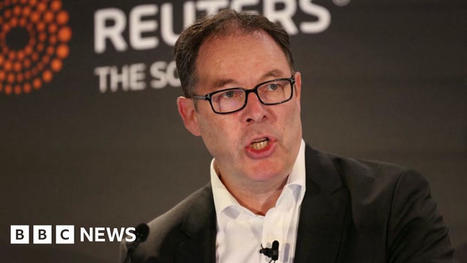
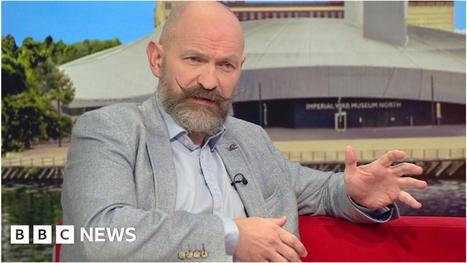

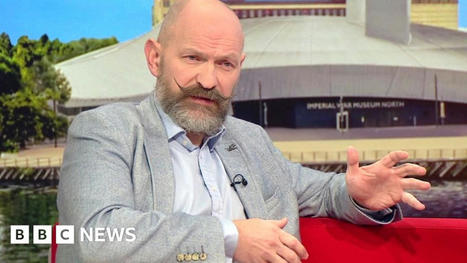


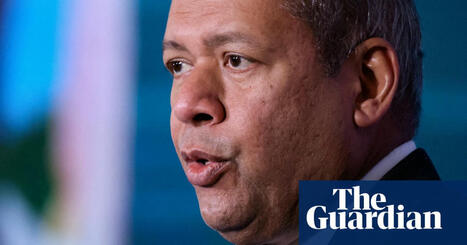



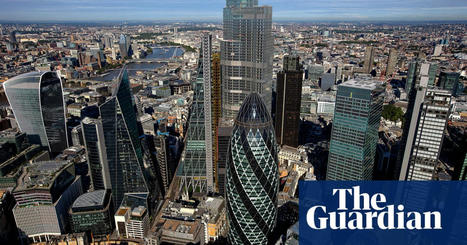









I simply leave this here, with little in the way of comment.
Can such wage differentials be justified?
My only substantive observation though is that the idea of a maximum wage is really bad economics - it will have no effect on executive pay because all it would do is incentivise firms to find ways of working around such a restriction.